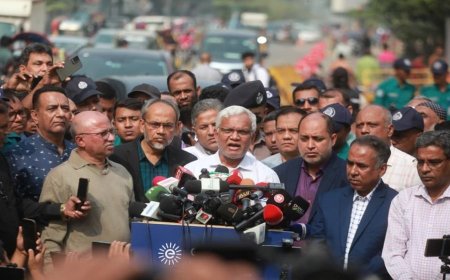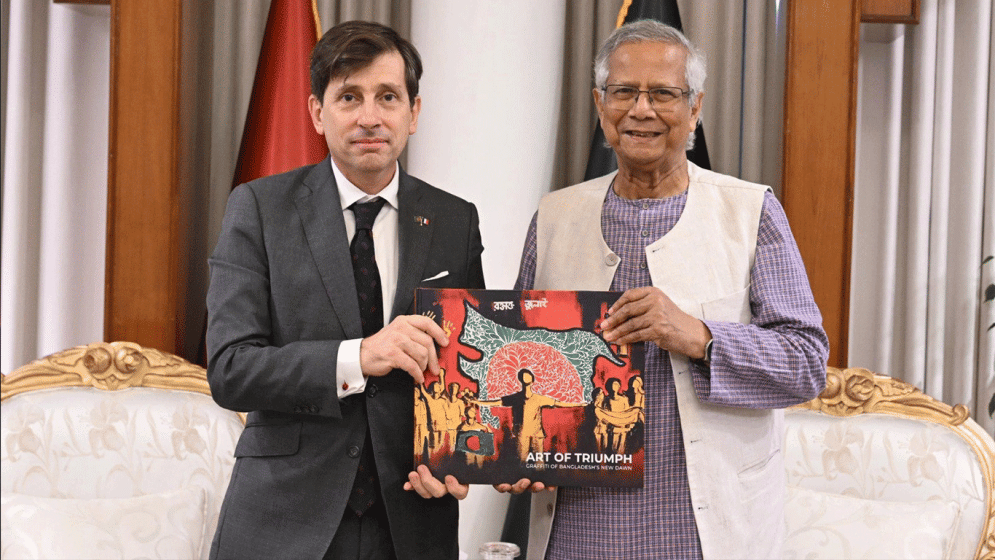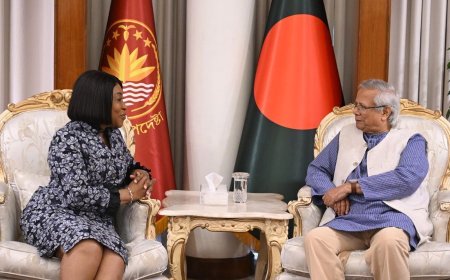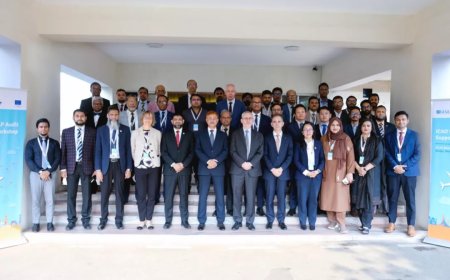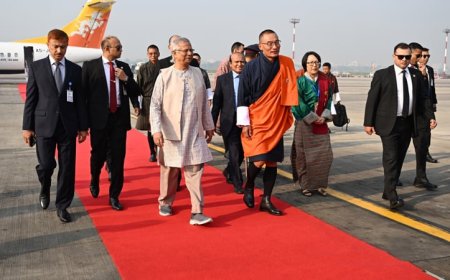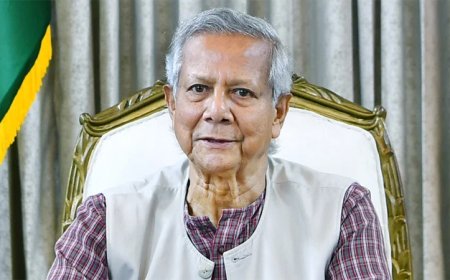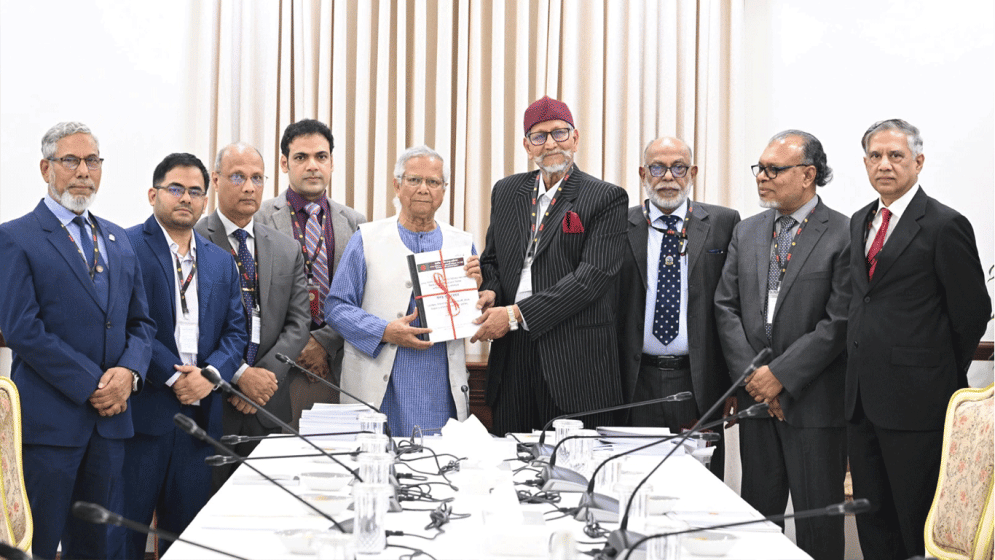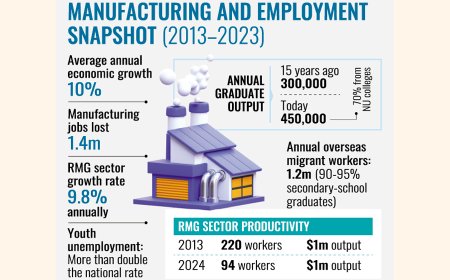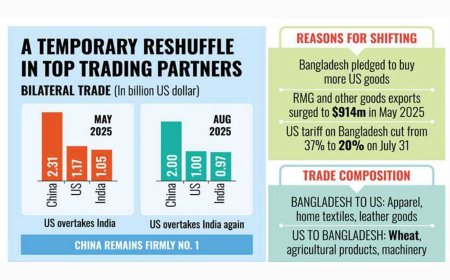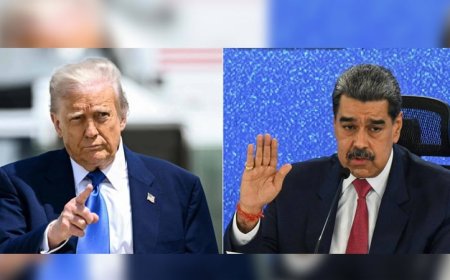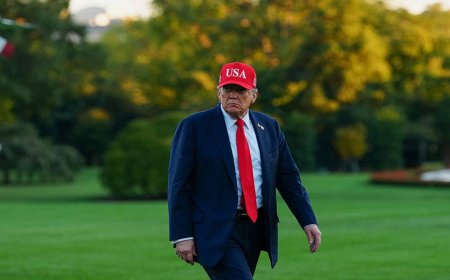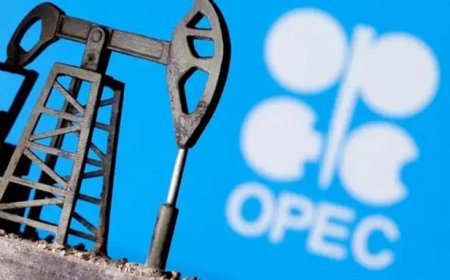Electric vehicle manufacturers granted VAT and duty exemptions
Electric vehicle manufacturers granted VAT and duty exemptions
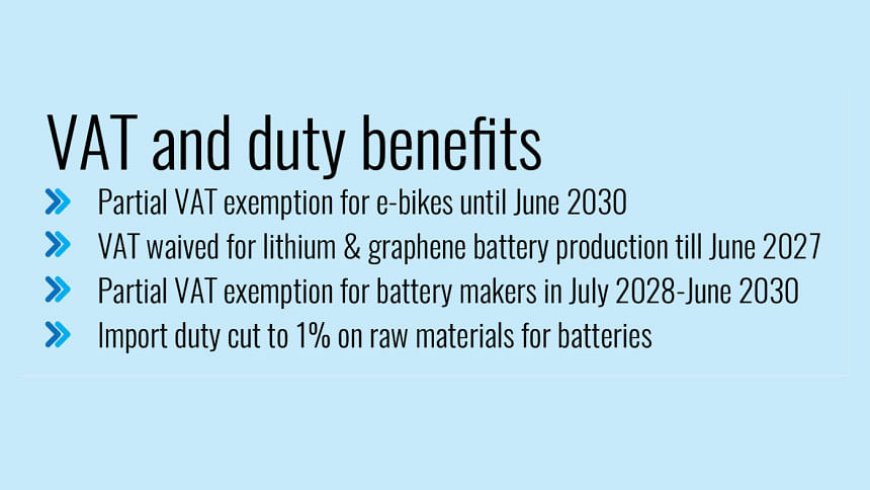
Govt Offers Tax Breaks to Boost Electric Vehicle and Battery Manufacturing
In a strategic move to accelerate the transition to clean transportation and stimulate local production, the interim government is introducing a series of tax incentives for the electric vehicle (EV) sector. These benefits extend to electric bicycles (e-bikes) and the production of lithium and graphene batteries.
The initiative is aimed at reducing the country's dependence on fossil fuels, curbing import reliance, and promoting sustainable urban transport by fostering a robust domestic EV industry. Finance Adviser Salehuddin Ahmed announced the measures during the FY2025–26 national budget presentation on June 2.
According to a separate National Board of Revenue (NBR) notification, the package includes a five-year value-added tax (VAT) exemption and up to 60 percent reductions in customs and other duties on essential components. For instance, VAT on e-bikes has been reduced to 5 percent until June 2030.
Lithium and graphene battery manufacturers will enjoy a complete VAT waiver at the production stage until June 30, 2027. From July 1, 2028 to June 30, 2030, VAT will be capped at 5 percent. In addition, import duties on key raw materials have been limited to just 1 percent, subject to specific conditions.
Currently, lithium battery imports face duties ranging from 26 to 42 percent, while e-bike components are taxed between 26 and 60 percent.
“The government has substantially lowered duties—not to encourage simple assembly, but to promote genuine manufacturing,” said Mokitul Hasan, Second Secretary (Customs Policy) at the NBR. He emphasized that the distinction between assembling and full-scale production is critical.
“To ensure commercial viability, we’ve separated the lithium battery and e-bike policies. A company may use batteries in its own products and sell the surplus, creating room for financial sustainability,” he added.
Hasan stressed that lithium battery production demands significant investment. “We’ve made it clear that battery cells—which account for most of a battery’s value—must be manufactured locally. Simply importing cells and assembling them isn’t true manufacturing.”
In addition, electric vehicles will be exempt from the environmental surcharge typically levied on owners of multiple vehicles, further encouraging eco-friendly transport adoption.
An NBR official noted that while some firms previously took advantage of statutory regulatory orders to set up assembly operations, these efforts did not lead to true industrial development. “We’ve deliberately steered away from that path,” he said.
“Our objective is to attract genuine investors with both capital and technology. Even partial local production of lithium batteries would be a major milestone for Bangladesh,” he said, adding that several foreign firms are already exploring the possibility of relocating their battery manufacturing to the country.
However, access to these tax benefits comes with stringent conditions. Eligible firms must employ at least 250 Bangladeshi workers, possess ISO certifications, meet environmental and safety standards, and submit detailed operational declarations for NBR evaluation. They must also register with the Bangladesh Economic Zones Authority (BEZA) or similar bodies, receive approval from the Bangladesh Road Transport Authority (BRTA), and operate dedicated facilities equipped with advanced machinery such as CNC systems and molding equipment.
Hafizur Rahman Khan, Chairman of Runner Automobiles, welcomed the reforms but raised concerns. He noted that the new guidelines addressed several “unnecessary” barriers to accessing benefits but warned that some machinery requirements are not relevant to the automobile sector.
“Automotive industries rely heavily on vendors. They don’t manufacture every component in-house,” he explained. “The current policy seems more focused on EVs and battery production, which is promising, but the approach should be more balanced and inclusive.”
Khan urged the government to engage more closely with stakeholders to refine the policy. “We’ll soon be presenting our concerns formally,” he added.
What's Your Reaction?







